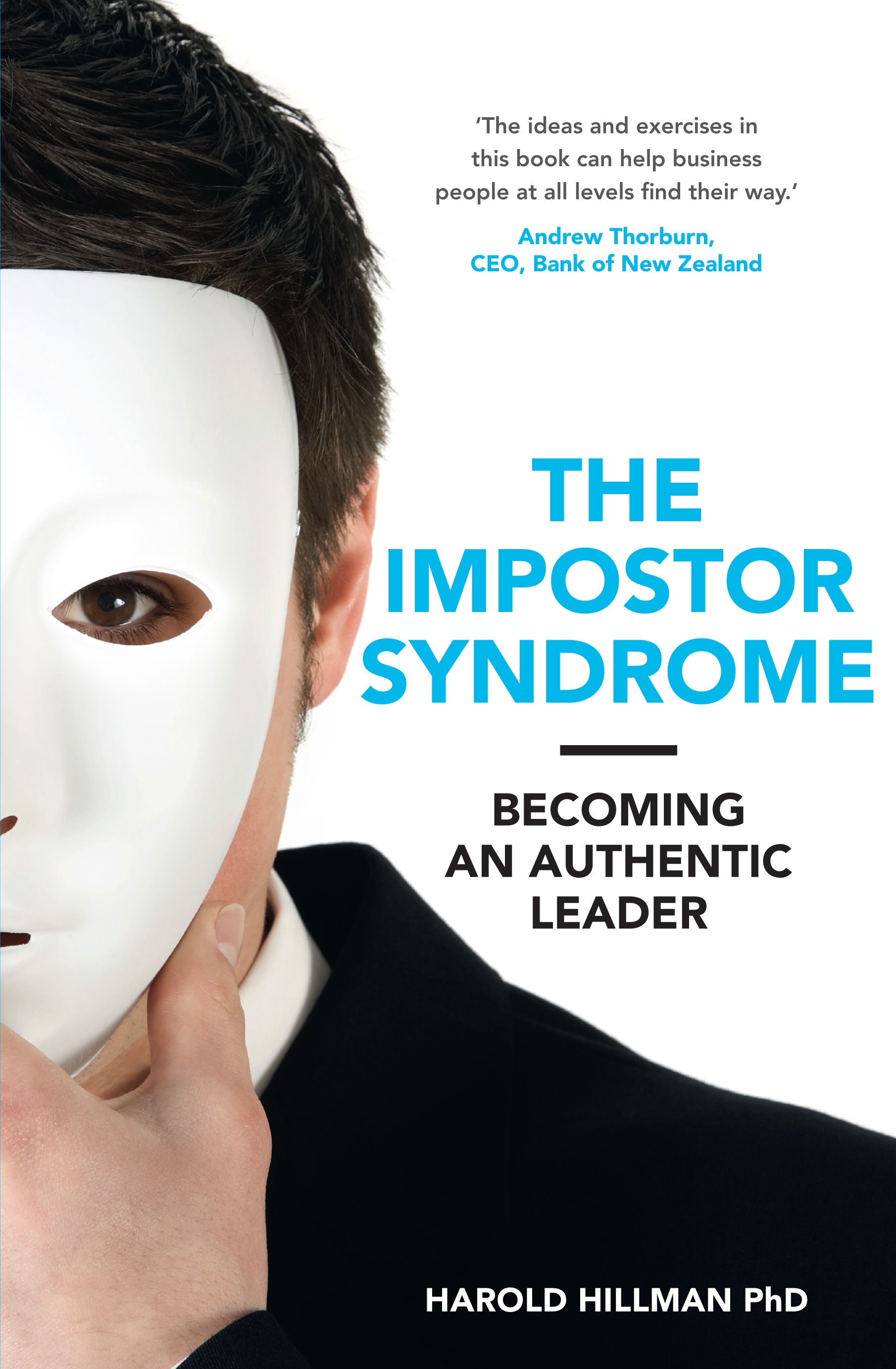The Science Behind Procrastination, Emotional Dependency, and Impostor Syndrome
The Science Behind Procrastination, Emotional Dependency, and Impostor Syndrome
Blog Article
In the modern age, people often face internal obstacles that hinder their success. Among these, procrastination, emotional dependency, and impostor syndrome stand out as common issues. But how can we overcome them?
This article, we will explore the root causes and strategies to address these three challenges. By understanding their impact and learning to manage them effectively, you can take control of your life.
What is Procrastination?
Procrastination refers to postponing important activities even when you are aware of the consequences. This behavior is frequently linked to emotional or psychological factors, such as anxiety or self-doubt.

The effects of procrastination, it can lead to stress, missed opportunities, and reduced productivity. Overcoming procrastination requires developing better habits and creating actionable plans. Consider dependencia emocional é uma doença techniques like the Pomodoro Technique or setting realistic deadlines to stay on track.
The Nature of Emotional Dependency
Emotional dependency is a state where a person depends excessively on external relationships to fulfill their emotional needs. While human connection is essential, emotional dependency turns detrimental when self-esteem is tied solely to others’ approval.

Common signs of emotional dependency include a fear of rejection, difficulty making decisions independently, and an overwhelming need for reassurance. Breaking free from this pattern, it’s crucial to build self-confidence and learn to validate yourself internally. Therapy, mindfulness practices, and journaling can provide significant support.
Recognizing and Managing Impostor Syndrome
Impostor syndrome is the persistent belief where individuals doubt their accomplishments despite evident success. Those affected often attribute their achievements to luck rather than skill or effort.

This mindset can lead to anxiety, self-doubt, and hesitation to pursue new opportunities. Addressing this issue involves reframing negative thoughts and celebrating accomplishments. Seeking feedback from trusted peers and embracing self-compassion can support personal growth.
Steps to Overcome Procrastination, Emotional Dependency, and Impostor Syndrome
Here are some practical steps:
- Create a routine to combat procrastination and set achievable goals.
- Recognize triggers that contribute to your emotional reliance and foster personal resilience.
- Acknowledge your strengths regularly and seek professional guidance if needed.
dependência emocional é uma doença
procrastinam
Consistency is key, so keep practicing these methods to see positive changes.
Moving Forward from Mental Barriers
These challenges may seem daunting, but you can overcome them by taking deliberate action. By understanding their roots and applying effective techniques, you open the door to personal growth.
Start today by recognizing these patterns in your life and implementing small but meaningful changes. Always keep in mind: progress is a journey, not a destination.
Report this page